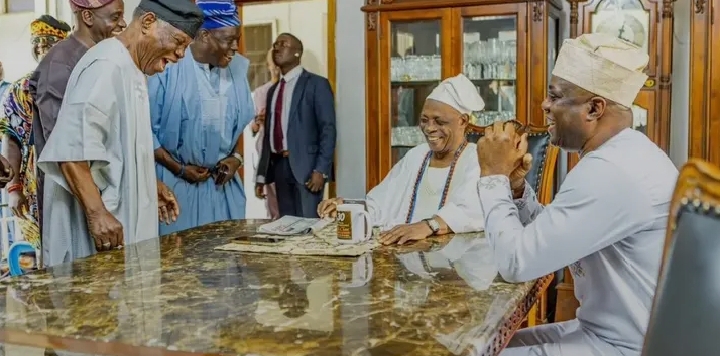History has been rewritten, and Nigeria stands tall at the center of it. Dr. Abidemi Babatunde Babalola, a Nigerian archaeologist, has won the 2025 Dan David Prize — one of the world’s largest history awards — after his groundbreaking research confirmed that glass bead production originated from Africa, precisely Ile-Ife. The award comes with a prize money of $300,000.
For centuries, European scholars insisted that glassmaking was too advanced to have emerged in Africa, but Dr. Babalola’s meticulous excavations at Igbo Olokun in Ile-Ife proved otherwise. He recovered glass beads, crucibles, and manufacturing materials dating back to between the 11th and 15th centuries, demonstrating that ancient Ife developed a highly sophisticated and independent glassmaking tradition.
His research did not just challenge colonial assumptions — it destroyed them. The findings showed that glass production in Ile-Ife was not imported but locally developed, positioning West Africa as a hub of innovation and a vital player in global trade networks long before European contact. “This discovery reframes early West African societies as innovators, not imitators,” scholars noted as the results gained global attention.
Dr. Babalola, who earned both his master’s degree and PhD in anthropology and African archaeology from Rice University, is now the lead archaeologist on the Museum of West African Art project in Benin City for the British Museum’s Department of Africa, Oceania, and the Americas. His work continues to shed light on Africa’s hidden contributions to world history.
The Dan David Prize, awarded annually, celebrates early to mid-career researchers pushing the boundaries of historical inquiry. For Nigeria, this award is more than recognition — it is vindication, placing Ile-Ife at the center of one of humanity’s most celebrated technological achievements.










